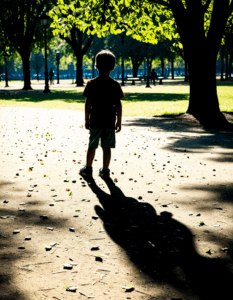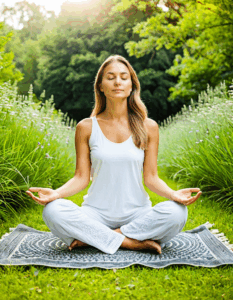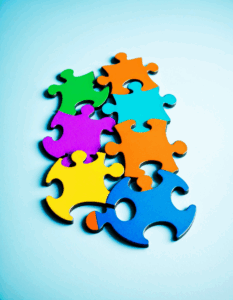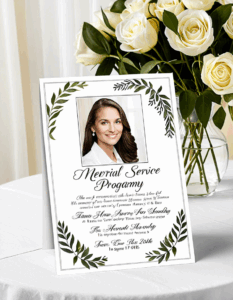Anxiety is a thief of joy, often creeping in when we least expect it. It can drain energy, cloud judgment, and, for many parents, it can feel like an endless battle—especially for those grappling with the reality of children struggling with addiction. Fortunately, there are coping skills for anxiety that not only aim to provide relief but also empower individuals to take charge of their lives. Whether it’s addressing treatment-resistant depression, utilizing critical incident stress management, or even acknowledging the synergy between mental health and substance use through the Addiction Severity Index, understanding these skills can be transformative.
For parents watching their children fight against addiction or cope with its loss, building resilient coping skills is a crucial step. You deserve to feel some semblance of peace and hope amid turmoil and uncertainty. Here are seven essential coping skills for anxiety management:
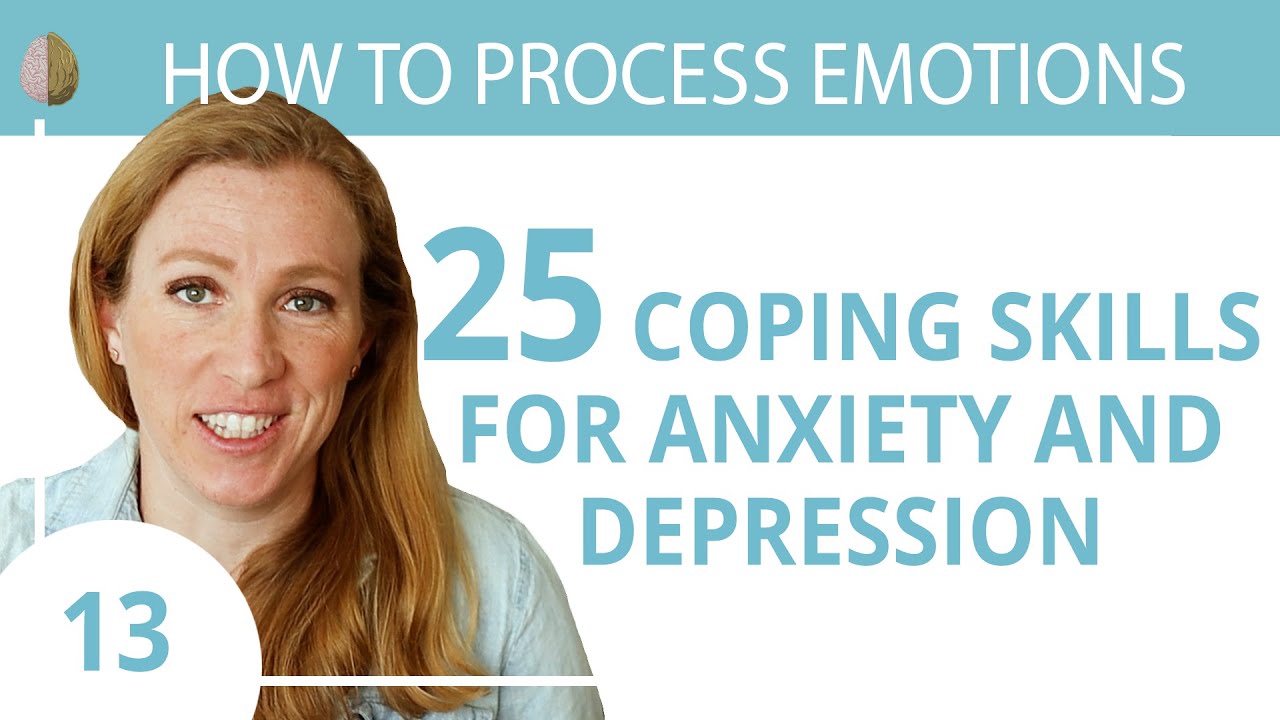
7 Essential Coping Skills for Anxiety Management

1. Mindfulness Meditation
Engaging in mindfulness meditation can truly reshape your relationship with anxiety. Research shows that mindfulness, particularly methods promoted by experts like Jon Kabat-Zinn, significantly enhances emotional regulation. Apps like Headspace and Calm offer guided sessions, making mindfulness more accessible for beginners. Even just a few minutes a day can offer clarity, calmness, and a surprising boost in emotional resilience.
During challenging moments, taking a step back, breathing deeply, and focusing on the present can ground you. Trust me, it works wonders. It might feel a bit odd at first, but just go with it; it’s like a warm hug for your nervous system.
2. Cognitive Behavioral Techniques
Cognitive Behavioral Therapy (CBT) is one of the most respected approaches for anxiety. It tackles those pesky negative thoughts that often spiral out of control. Dr. David Burns’ book, “Feeling Good,” lays out real-life techniques that can help shift how you think about your worries. By regularly practicing these techniques, you can turn anxiety into a powerful motivator instead of a crippling force.
It’s like having a personal trainer for your mind, guiding you through tough moments. Remember, transforming negative thoughts is a skill—one you build over time, brick by brick.
3. Physical Exercise
Don’t underestimate the power of physical activity. Regular exercise can be one of your best friends in fighting anxiety. The Anxiety and Depression Association of America suggests aiming for at least 150 minutes of moderate aerobic activity each week; it sounds like a lot but breaks down to just 30 minutes a day, five times a week. You can go jogging, cycling, or even dance around in your living room!
Exercising releases feel-good endorphins that help lift your mood. Plus, the sense of accomplishment after a workout can brighten even the darkest days. Find what invigorates you, and make it a habit!
4. Support Systems and Community Connections
Building a reliable support network can make a world of difference. Organizations like the National Alliance on Mental Illness (NAMI) provide resources, advocating for individuals seeking connection and understanding. Joining group therapy sessions can create a shared space where you can dive into your experiences without the fear of judgment.
Sharing stories helps you realize you’re not alone in this. Finding others who understand your journey can reinforce your courage and bolster your resilience, fortifying you against anxiety’s grip.
5. Journaling for Emotional Insight
Journaling can be a treasure trove for emotional healing. Writing can help articulate feelings and process daily experiences. Try using prompts like “What made me anxious today?” or “How did I manage my anxiety?” This kind of expressive writing can illuminate triggers and help establish a game plan for coping.
Over time, you’ll uncover themes, patterns, and even hints of joy hidden within your struggles. It could be an absolute game changer in understanding your emotions better.
6. Nutritional Adjustments
Believe it or not, what you eat can influence your mental health. Emerging research highlights that foods rich in omega-3 fatty acids (think salmon) and antioxidants (hello blueberries!) can offer relief for symptoms of treatment-resistant depression and anxiety. Incorporating these foods into your diet could be the extra push your mind needs.
Don’t fret about overhauling your entire diet overnight. Start small with one or two nutritious meals a week, or explore meal options from brands like Blue Apron or HelloFresh. Each green choice counts!
7. Medication Options
While these coping strategies are beneficial, some folks might need medical assistance to tackle serious anxiety. Understanding the best anxiety medications, such as SSRIs like fluoxetine (Prozac) or SNRIs like venlafaxine (Effexor XR), is crucial, especially if you find anxiety interfering with daily life.
Consulting with a healthcare professional can help you explore possible medications tailored for your specific needs. Sometimes, a little extra help can go a long way, and there’s absolutely no shame in it.

Techniques from Critical Incident Stress Management
Critical Incident Stress Management (CISM) is a specialized methodology aimed at those who’ve encountered traumatic situations, often utilized with first responders. But its principles can serve anyone facing acute anxiety. Getting involved in debriefing sessions, peer support, or educational workshops helps process trauma and cultivates resilience.
Think of it as an emergency first-aid kit for your mind. If you’ve recently faced a particularly stressful event, looking into CISM might provide the structured support you need to unpack and heal from the experience.
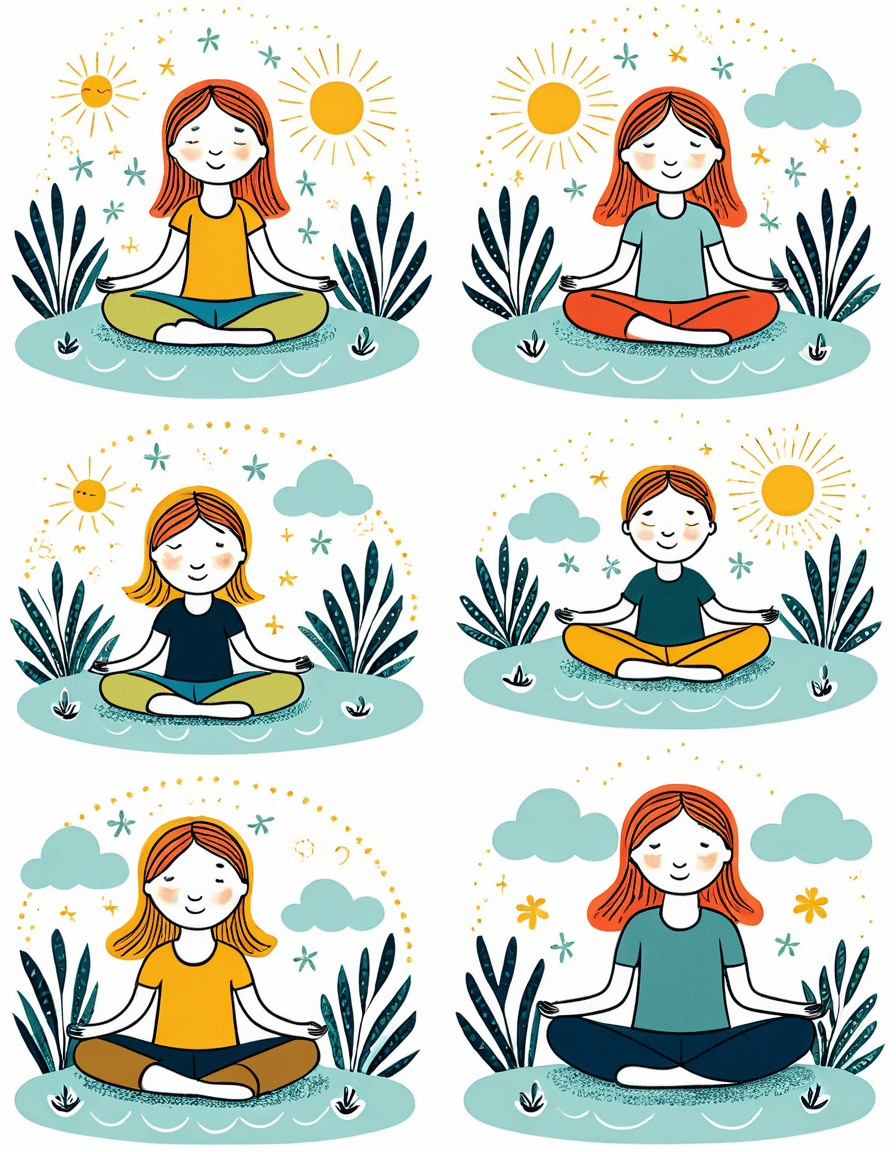
The Role of the Addiction Severity Index in Anxiety Treatment
Understanding the link between anxiety and addiction via the Addiction Severity Index (ASI) can be invaluable in crafting effective treatment strategies. The ASI elucidates the overlap between mental health and substance use, pushing for integrated care approaches.
If anxiety is leading you to substances or if your child’s addiction invokes your own anxiety, addressing both elements in tandem is essential. By tackling one issue, you often find relief from the other, leading to holistic wellness.
Innovative Wrap-Up
Transforming your life by employing effective coping skills for anxiety isn’t instant—it demands time and dedication. But weaving mindfulness practices, physical activity, community support, nutritious meals, and when necessary, targeted medication into your routine can empower you to conquer anxiety.
Taking proactive steps toward managing your feelings gives you back control and enhances your quality of life. Embrace these techniques and watch how they can foster resilience, ushering in brighter days ahead while helping you support your children through their struggles. Remember, there’s strength in community, and together, we can navigate through the storms of anxiety and addiction.
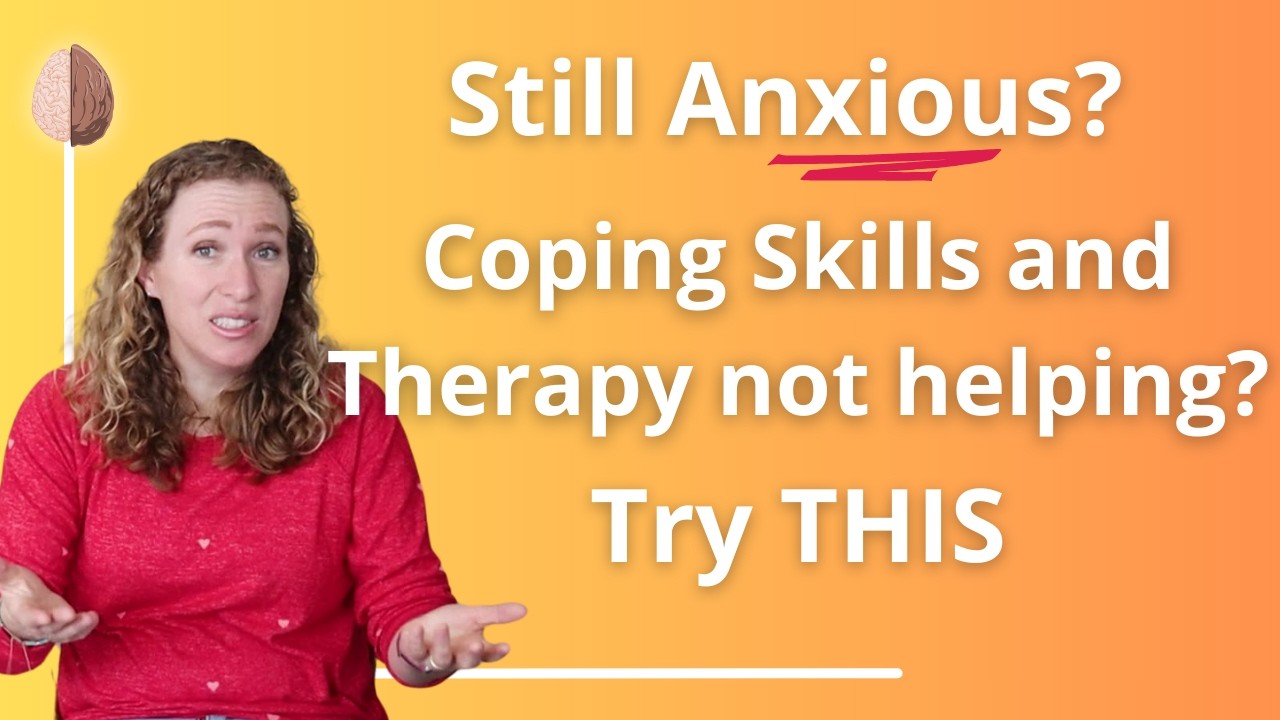
Coping Skills for Anxiety
Discovering Coping Skills for Anxiety
Coping skills for anxiety can be lifesavers, especially when feeling overwhelmed by everyday stresses. Did you know that engaging in physical activity can significantly reduce anxiety? Exercise releases endorphins, which act as natural mood lifters. Speaking of lifting moods, remember how laughter can lighten the heaviest of days? If you’re into comedy, you might wonder, Is Snl new tonight? Catching up on your favorite shows can be a great distraction and help you unwind.
The Role of Mindfulness
Mindfulness practices, such as meditation and deep breathing, are excellent coping skills for anxiety. These techniques help ground you in the present moment, keeping those pesky worries at bay. Interestingly, techniques developed in ancient practices, like yoga, are now supported by modern science. You might even find that focusing on your breath can echo the calming vibe of beautiful music, reminiscent of artist Jose Joses smooth melodies, which soothe the soul and bring a smile to our faces.
Realizing Inner Strength
Coping skills for anxiety also include seeking support from others. Talking with friends, family, or even a therapist can play a pivotal role in managing anxiety. It’s essential to recognize signs that might point toward deeper issues, like psychotic disorders. This can each be a step toward understanding oneself better. Noticing this can be tough but figuring out when What Is The time in India might indicate someone’s location can sometimes help navigate tricky conversations aimed at showing support. Remember, being informed can strengthen the way you communicate and connect with others.
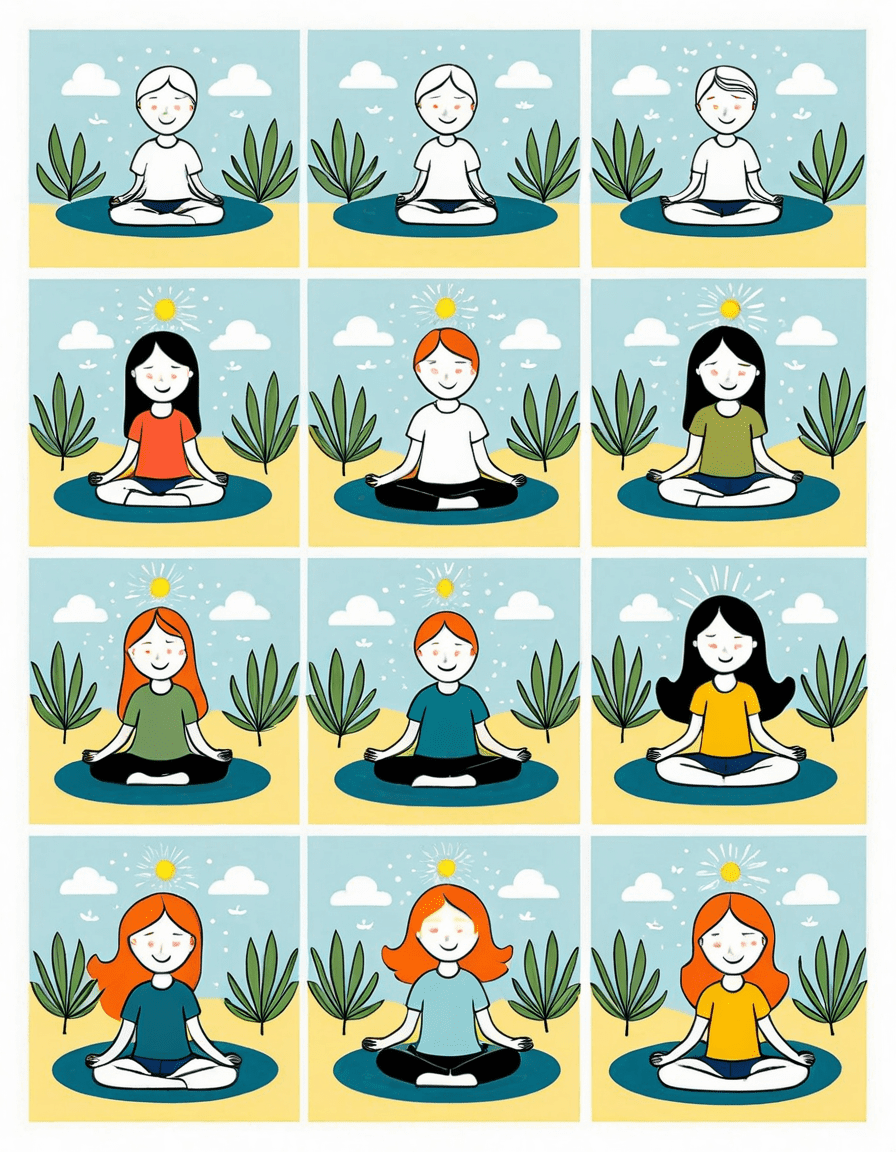
What are coping skills for anxiety?
Coping skills for anxiety include strategies like deep breathing, mindfulness exercises, journaling, talking to someone you trust, and engaging in physical activity. These skills help manage feelings of anxiety and create a sense of control.
What is the 3-3-3 anxiety rule?
The 3-3-3 anxiety rule is a simple grounding technique where you identify three things you can see, three things you can touch, and three things you can hear. This practice helps bring your focus back to the present moment.
What are the 5 C’s of anxiety?
The 5 C’s of anxiety are Calm, Connect, Challenge, Change, and Commit. These represent a series of steps to take when dealing with anxious feelings, helping you approach situations with more confidence.
What are 5 ways to calm down anxiety?
To calm down anxiety, try deep breathing exercises, practice meditation or yoga, go for a walk in nature, talk to someone who understands, or use grounding techniques to focus on the here and now.
What are the 5 R’s of coping?
The 5 R’s of coping are Recognize, Reflect, Respond, Re-evaluate, and Renew. This framework encourages you to process your feelings and find healthier ways to handle challenges that bring on anxiety.
What are the four C’s of anxiety?
The four C’s of anxiety stand for Calm, Control, Compartmentalize, and Create. These principles guide individuals in managing their anxiety more effectively by promoting relaxation and organization of thoughts.
What is the 5 anxiety trick?
The 5 anxiety trick involves recognizing a thought, considering the truth of that thought, asking yourself what you’d tell a friend in that situation, taking a step back, and visualizing a more positive outcome.
What exercises get rid of anxiety?
Exercises that can help relieve anxiety include walking, running, yoga, tai chi, and strength training. These activities release endorphins and can improve your mood while reducing stress.
What are the three C’s of anxiety?
The three C’s of anxiety are Catch, Challenge, and Change. First, catch your anxious thoughts, then challenge their validity, and finally change them into more positive or realistic perspectives.
What is the core root of anxiety?
The core root of anxiety often stems from fear, whether that’s fear of the unknown, fear of judgment, or fear of losing control. Understanding these fears can help tackle anxiety more effectively.
What is type 7 anxiety?
Type 7 anxiety, commonly referred to in personality frameworks, is about seeking excitement and avoiding pain, often leading to overcommitment and scattered focus. It highlights the struggle between wanting to enjoy life, yet feeling anxious about what’s next.
What is the 5 finger rule for panic attacks?
The 5 finger rule for panic attacks involves holding up one hand and focusing on each finger one by one, naming five things you can see, four you can feel, three you can hear, two you can smell, and one you can taste. This method helps ground you during a panic attack.
How to eliminate anxiety quickly?
To eliminate anxiety quickly, try deep breathing or grounding techniques, distract yourself with a fun activity, or practice mindfulness to bring your focus back to the present.
How to calm your brain from anxiety?
Calming your brain from anxiety can be achieved through techniques like mindfulness meditation, engaging in calming hobbies, practicing deep breathing, or listening to soothing music.
How to reduce overthinking?
Reducing overthinking can involve setting time limits for decision-making, practicing mindfulness, writing down your thoughts to clear your mind, doing physical activities, or focusing on what you can control.
What are the coping techniques for anxiety?
Coping techniques for anxiety vary, but common ones include deep breathing, exercise, progressive muscle relaxation, talking about your feelings, and using positive affirmations to challenge negative thoughts.
What are the 5 types of coping skills?
The 5 types of coping skills include problem-solving, emotion-focused, avoidance, seeking social support, and practice of mindfulness. These help address both the practical and emotional aspects of dealing with anxiety.
What’s the best way to cope with anxiety?
The best way to cope with anxiety often involves a mix of approaches: practicing self-care, reaching out for support, using grounding techniques, staying active, and learning about anxiety to better understand your feelings.
What are the three C’s of anxiety?
The three C’s of anxiety emphasize recognizing anxious thoughts, challenging their accuracy, and changing your perspective to foster a more positive mindset.







